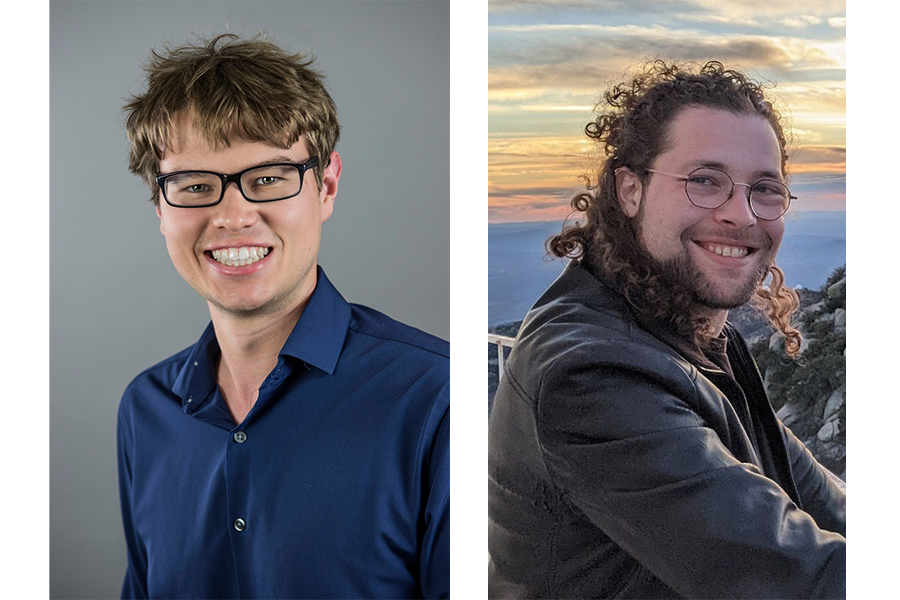Events
Events Calendar
Universe in the Park: Nerstrand Big Woods State Park
Saturday, July 20, 2024, 8:45 p.m. through Saturday, July 20, 2024, 11 p.m.
Universe in the Park is hosted by the Minnesota Institute for Astrophysics and area state and local parks.
Representatives of the Institute will present a short (~20 min) outdoor public talk and slide show. Presentations cover a variety of astronomical topics such as: the history of matter, how astronomers "see," and a journey through our solar system. For the 2024 season, talks will be outdoors to ensure they are as safe as possible.
Afterwards, if weather allows, attendees have the opportunity to view the sky through multiple 8-inch reflecting telescopes, operated by the staff and provided by the Minnesota Institute for Astrophysics. Additionally, free star maps (e.g., www.skymaps.com) and instructions are provided. Throughout the evening, audience members are encouraged to ask questions and discuss topics ranging from backyard astronomy to the latest scientific discoveries.
Although a vehicle permit is usually required to enter the parks, the events are free to the public. More about Nerstrand Big Woods State Park here.
Universe in the Park: Lake Maria State Park
Friday, July 19, 2024, 8:45 p.m. through Friday, July 19, 2024, 11 p.m.
Universe in the Park is hosted by the Minnesota Institute for Astrophysics and area state and local parks.
Representatives of the Institute will present a short (~20 min) outdoor public talk and slide show. Presentations cover a variety of astronomical topics such as: the history of matter, how astronomers "see," and a journey through our solar system. For the 2024 season, talks will be outdoors to ensure they are as safe as possible.
Afterwards, if weather allows, attendees have the opportunity to view the sky through multiple 8-inch reflecting telescopes, operated by the staff and provided by the Minnesota Institute for Astrophysics. Additionally, free star maps (e.g., www.skymaps.com) and instructions are provided. Throughout the evening, audience members are encouraged to ask questions and discuss topics ranging from backyard astronomy to the latest scientific discoveries.
Although a vehicle permit is usually required to enter the parks, the events are free to the public. More about Lake Maria State Park here.
Special School of Physics and Astronomy Colloquium: Nadja Strobbe
Thursday, July 18, 2024, 3 p.m. through Thursday, July 18, 2024, 4 p.m.
Tate 101/Zoom
Speaker: Nadja Strobbe, School of Physics and Astronomy
Title: "Digging deep for new physics with the CMS experiment"
Abstract: The CMS experiment at the LHC has published hundreds of new physics searches, ruling out large parts of new physics parameter space. However, many possible new physics scenarios remain viable. These scenarios are often hard to distinguish from standard model background processes, and we must dig deep to uncover them. In the first part of this colloquium I will discuss the search for top squarks with stealth or R-parity violating decays, in final states with many jets and small missing transverse momentum. As I will show, innovative techniques, including machine learning, are needed to obtain sensitivity to these signatures. In the second part, I will focus on the high-luminosity (HL) LHC as an alternate way of digging deeper into parameter space. The HL-LHC will provide an order of magnitude more data and the accompanying upgrade of the CMS experiment will open up new possibilities as well. In particular, I will highlight the upgrade of the CMS Endcap Calorimeter, focusing on the frontend electronics, for which my group will be testing 20,000 circuit boards in PAN over the next year.
Link for zoom: https://umn.zoom.us/j/96082127358
Universe in the Park: Mille Lacs Kathio State Park
Saturday, July 13, 2024, 8:45 p.m. through Saturday, July 13, 2024, 11 p.m.
Universe in the Park is hosted by the Minnesota Institute for Astrophysics and area state and local parks.
Representatives of the Institute will present a short (~20 min) outdoor public talk and slide show. Presentations cover a variety of astronomical topics such as: the history of matter, how astronomers "see," and a journey through our solar system. For the 2024 season, talks will be outdoors to ensure they are as safe as possible.
Afterwards, if weather allows, attendees have the opportunity to view the sky through multiple 8-inch reflecting telescopes, operated by the staff and provided by the Minnesota Institute for Astrophysics. Additionally, free star maps (e.g., www.skymaps.com) and instructions are provided. Throughout the evening, audience members are encouraged to ask questions and discuss topics ranging from backyard astronomy to the latest scientific discoveries.
Although a vehicle permit is usually required to enter the parks, the events are free to the public. More about Mille Lacs Kathio State Park here.
Universe in the Park: Father Hennepin State Park
Friday, July 12, 2024, 8:45 p.m. through Friday, July 12, 2024, 11 p.m.
Father Hennepin State Park
Universe in the Park is hosted by the Minnesota Institute for Astrophysics and area state and local parks.
Representatives of the Institute will present a short (~20 min) outdoor public talk and slide show. Presentations cover a variety of astronomical topics such as: the history of matter, how astronomers "see," and a journey through our solar system. For the 2022 season, talks will be outdoors to ensure they are as safe as possible.
Afterwards, if weather allows, attendees have the opportunity to view the sky through multiple 8-inch reflecting telescopes, operated by the staff and provided by the Minnesota Institute for Astrophysics. Additionally, free star maps (e.g., www.skymaps.com) and instructions are provided. Throughout the evening, audience members are encouraged to ask questions and discuss topics ranging from backyard astronomy to the latest scientific discoveries.
Although a vehicle permit is usually required to enter the parks, the events are free to the public. More about Father Hennepin State Park here.
Universe in the Park: Nerstrand Big Woods State Park
Saturday, July 6, 2024, 8:45 p.m. through Saturday, July 23, 2022, 11 p.m.
Nerstrand Big Woods State Park
Universe in the Park is hosted by the Minnesota Institute for Astrophysics and area state and local parks.
Representatives of the Institute will present a short (~20 min) outdoor public talk and slide show. Presentations cover a variety of astronomical topics such as: the history of matter, how astronomers "see," and a journey through our solar system. For the 2024 season, talks will be outdoors to ensure they are as safe as possible.
Afterwards, if weather allows, attendees have the opportunity to view the sky through multiple 8-inch reflecting telescopes, operated by the staff and provided by the Minnesota Institute for Astrophysics. Additionally, free star maps (e.g., www.skymaps.com) and instructions are provided. Throughout the evening, audience members are encouraged to ask questions and discuss topics ranging from backyard astronomy to the latest scientific discoveries.
Although a vehicle permit is usually required to enter the parks, the events are free to the public. More about Nerstrand Big Woods State Park, here.
Workshop: New Insights into Quantum Materials: Scattering, Other Probes and Theory
Tuesday, May 21, 2024, 9 a.m. through Thursday, May 23, 2024, 12:30 p.m.
3-180 Keller Hall
This workshop is sponsored by the US Department of Energy, through the UMN Center for Quantum Materials, and by the Simons Foundation, through the UMN Fine Theoretical Physics Institute.
Participation is by invitation only. Members of the School of Physics and Astronomy are invited. Please contact ftpi@umn.eduI for more information.
School of Physics and Astronomy Graduation Ceremony and Reception
Thursday, May 9, 2024, 10 a.m. through Thursday, May 9, 2024, Noon
Tate Hall Basement Atrium
Physics and Astronomy 2024 graduates and their friends and family are invited to a stage-crossing ceremony and reception.
Workshop: Long-range Interactions and Strong Disorder: In Physics and in Life
Friday, May 3, 2024, 9 a.m. through Sunday, May 5, 2024, 12:30 p.m.
3-180 Keller Hall
The Fine Theoretical Physics Institute (FTPI) will host a workshop in honor of Professor Boris Shklovskii's career in physics on the occasion of his 80th birthday.
“Long-range Interactions and Strong Disorder: In Physics and in Life” will be held in Keller Hall 3-180 Friday, May 3rd – Sunday, May 5th.
The first talk will be given by Nobel Prize winner Klaus von Klitzing.
Participation is by invitation only. Members of the School of Physics and Astronomy are invited, but are requested to fill in this google form if they plan to attend.
2024 A.O.C. Nier Lecture: Dr. Robin Canup, "Origin of the Moon"
Thursday, April 25, 2024, 4 p.m. through Thursday, April 25, 2024, 5 p.m.
B50 Tate
Dr. Robin Canup, Vice President of Solar System Science & Exploration at the Southwest Research Institute. She will be presenting a talk titled Origin of the Moon.
Dr. Canup joined Southwest Research Institute in Boulder in 1998. Her research utilizes both numerical simulations and analytical models to study the formation and early evolution of planets and their moons. She has modeled many aspects of the formation of the Moon, including hydrodynamical simulations of lunar-forming impacts, the accumulation of the Moon and its initial composition and orbital evolution, and how bombardment may have affected Earth-Moon isotopic compositions. Her models for the origin of the large satellites of the gas giant planets have emphasized the potential early loss of satellites due to gas-driven orbital decay, and how this process may both select for the similar observed ratios between the current satellite system masses and their host planets and provide a potential mechanism to produce icy rings at Saturn. She has also developed models for an impact origin of the satellite systems of Pluto and Mars. Canup was the recipient of the 2003 Urey Prize of the Division of Planetary Sciences and the 2004 Macelwane Medal of the American Geophysical Union. She was elected to the National Academy of Sciences in 2012 and to the American Academy of Arts and Sciences in 2017. She and Professor Phil Christensen (ASU) have been selected by the National Academies to co-chair the 2023-2032 Planetary Science and Astrobiology Decadal Survey. Canup and her husband and their two children live in the foothills outside Boulder.
A.O.C. Nier served as a highly distinguished faculty member of the Physics Department for 42 years starting in 1938. He was actively involved in research up to the time of his death in 1994. A firm believer in “pursuits of knowledge - in areas, which cross traditional lines” he had an enormous impact on the geological sciences by his pioneering work on isotope abundances and measurements of many elements which are used in radiometric age determinations of geologic materials. He received many national and international awards in recognition of his discoveries and contributions to Physics, Geological Sciences and many other fields.
School News
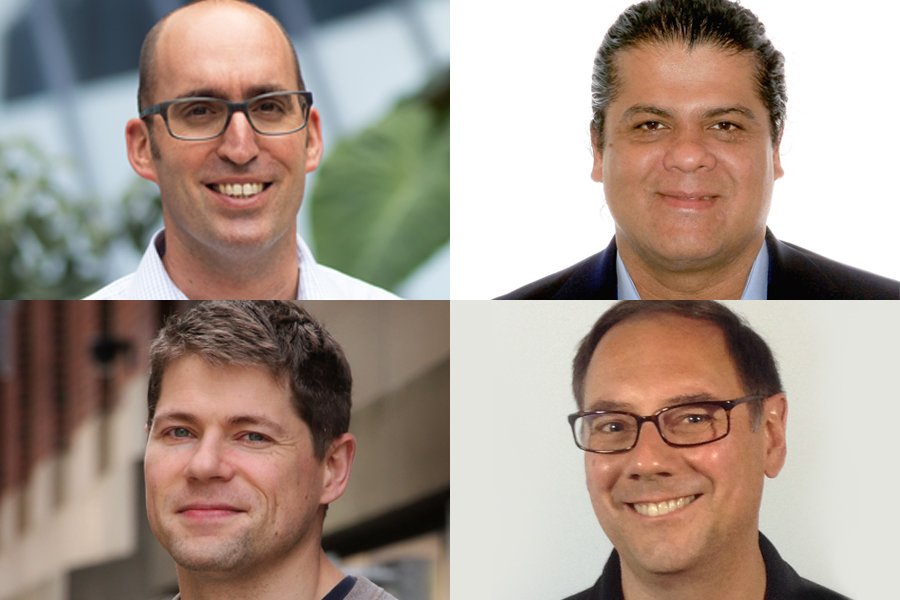
Four new CSE department heads begin in 2024-25
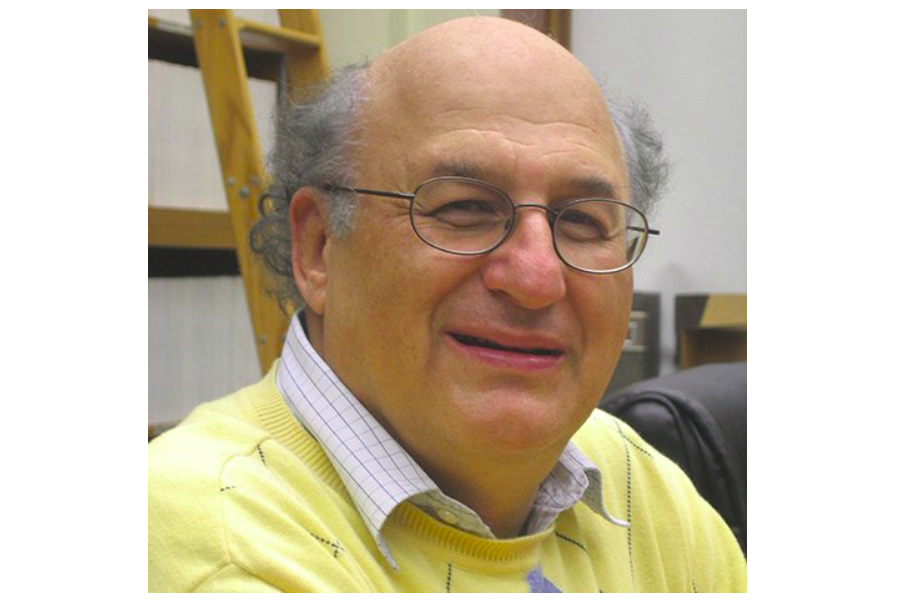
Shifman named Regents Professor
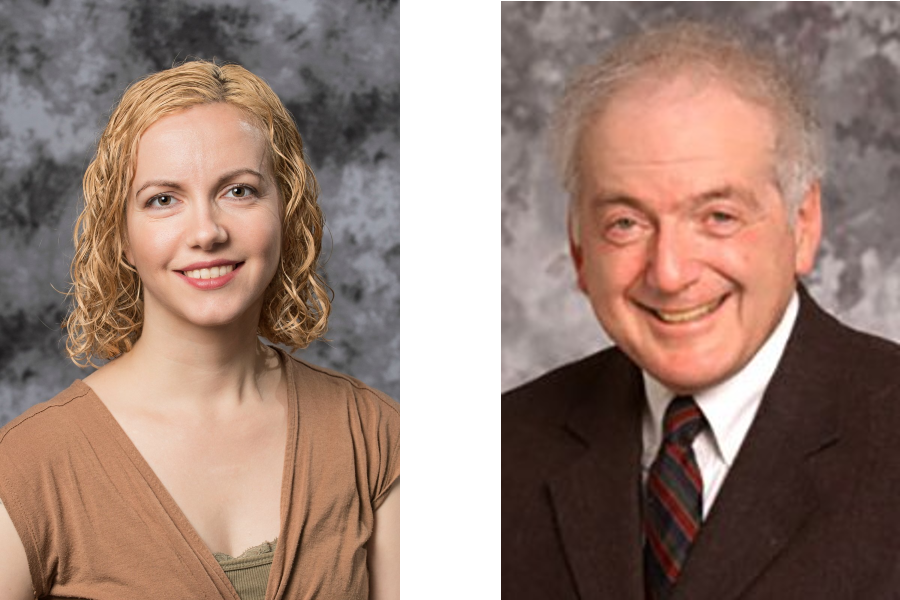
Glesener awarded Allen M. Goldman Faculty Fellowship
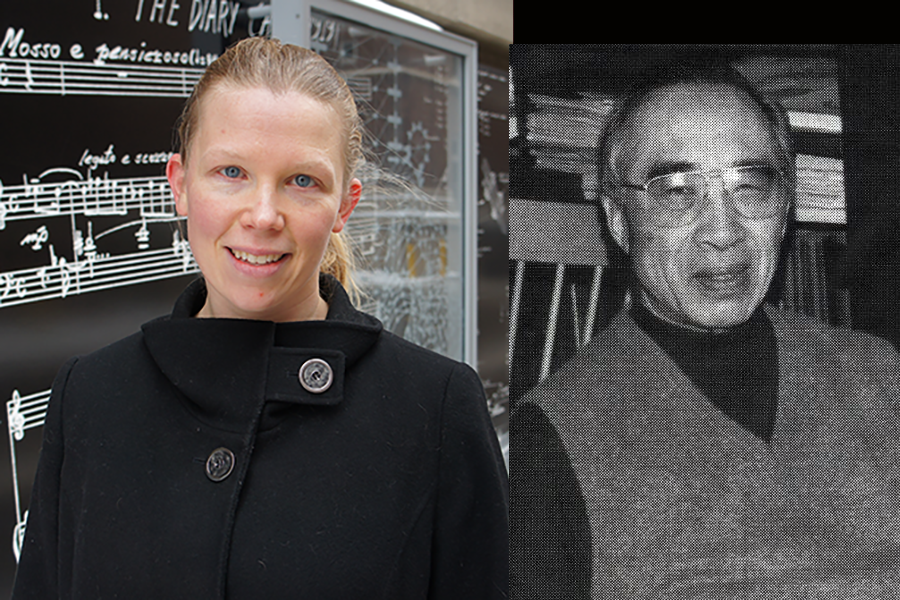
Burnell appointed to Tang Family Professorship
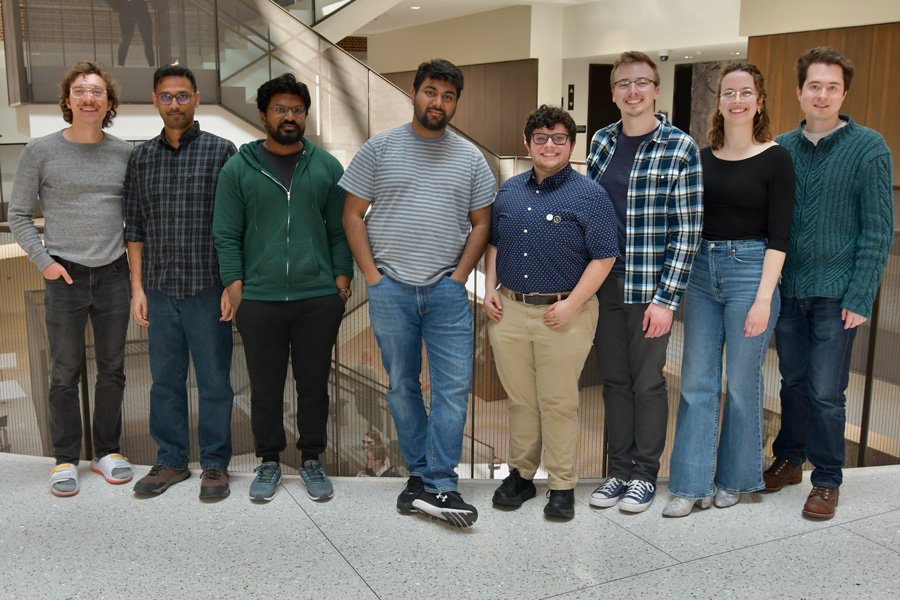
2024 Graduate Awards and Fellowships
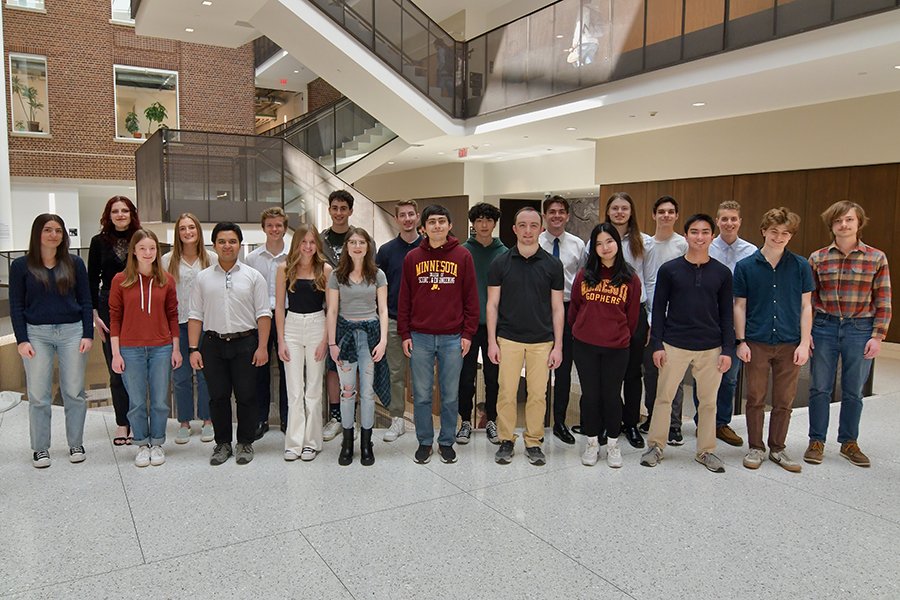
2024 Undergraduate Scholarship Recipients
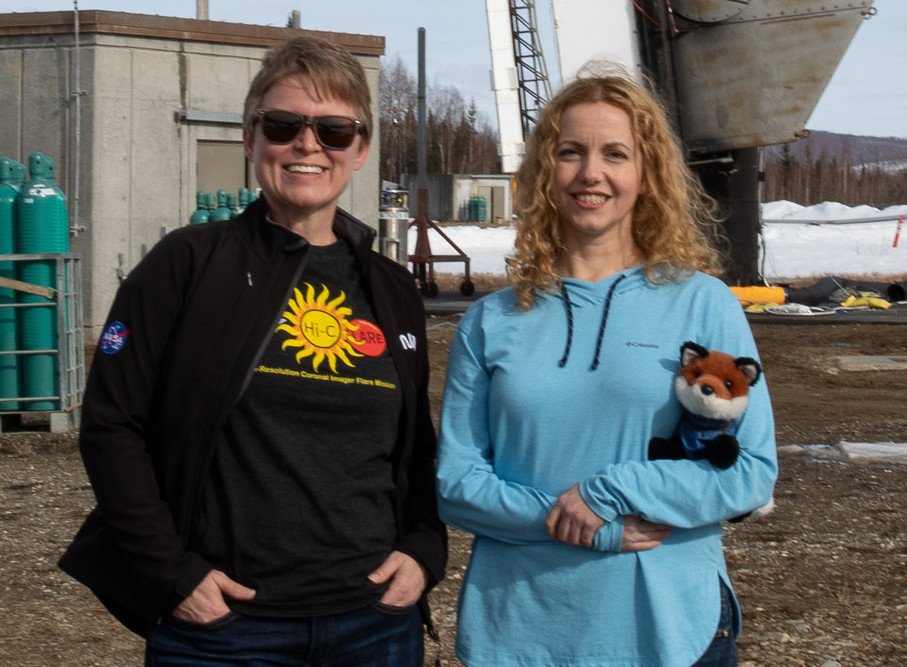
Glesener part of NASA's first solar flare observation campaign
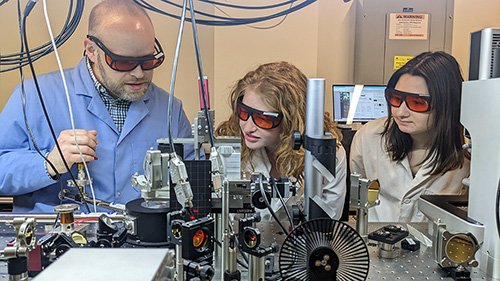
Inside Professor McLeod’s Nano-Imaging Laboratory
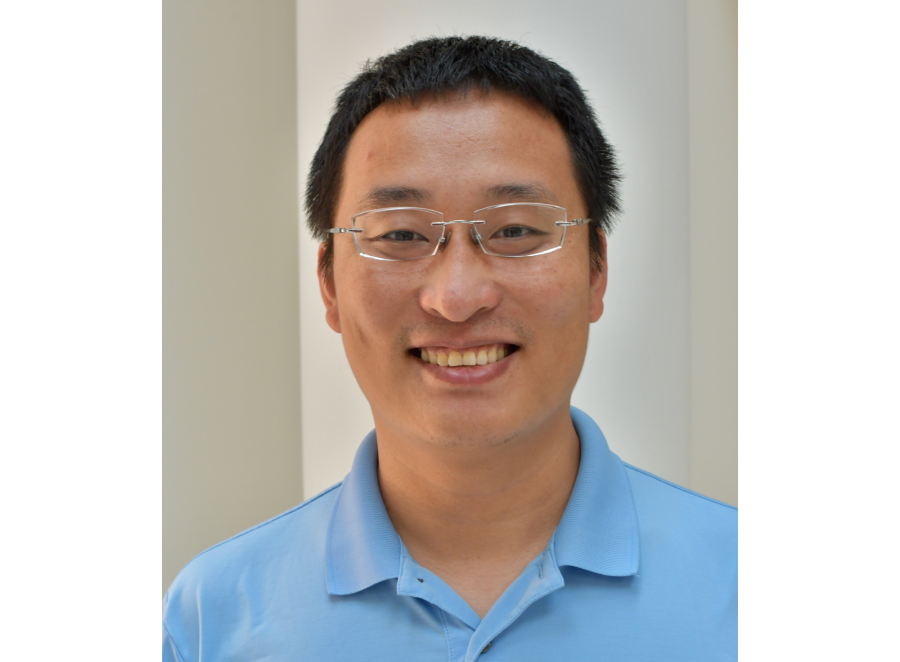
Liu receives prestigious Sloan Research Fellowship for early-career researchers
